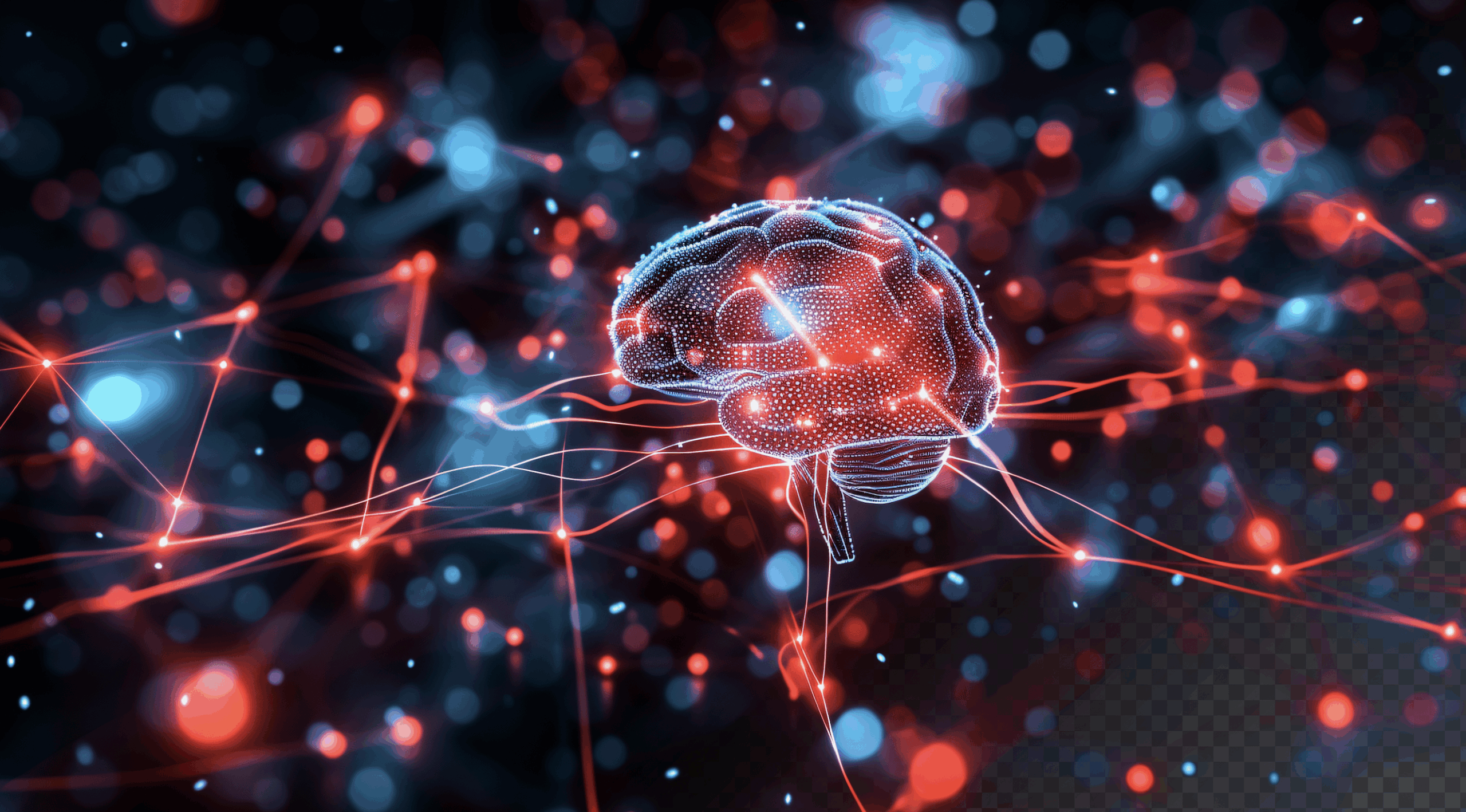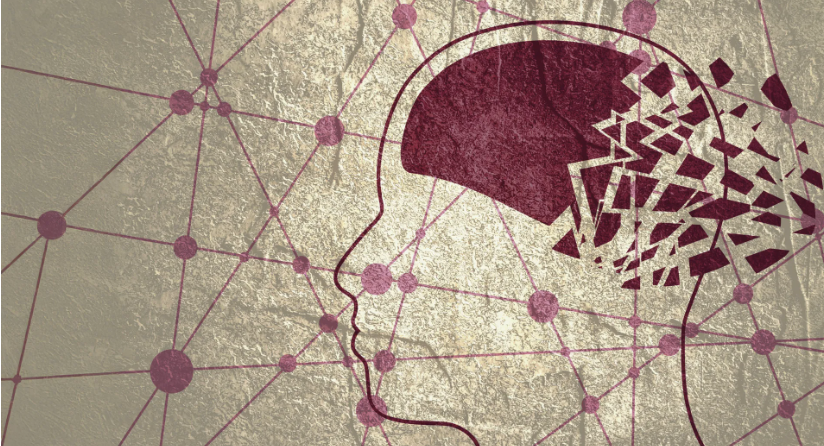In a recent study published in Nature Translational Psychiatry (15, 315; 2025), scientists grew “mini-brains” in the lab from cells of patients with bipolar disorder (BD), shedding light on how this complex condition may emerge at the cellular level. Using iPSC-derived cerebral organoids – simplified 3D models of developing brain tissue – the researchers identified a convergence of mitochondrial, inflammatory, and neuronal dysfunction.
These tiny brain-like structures revealed striking abnormalities. Neurons in BD organoids fired significantly more often than in healthy controls, while their mitochondria showed impaired function, with reduced ATP production and lower membrane potential. The organoids also released higher levels of reactive oxygen species (ROS), double-stranded DNA, and cell-free mitochondrial DNA – molecular distress signals that can trigger inflammatory responses.

image: freepik
Most notably, the BD organoids were about 1.9 times more sensitive to inflammatory triggers that activate the NLRP3 inflammasome, compared to healthy organoids. This heightened reactivity highlights an underlying cellular vulnerability that could help explain why bipolar disorder is linked to both neurological symptoms and higher rates of metabolic disease.
Encouragingly, the researchers also tested interventions. Treatment with MCC950, a selective NLRP3 inhibitor, successfully normalized inflammasome activation and reduced release of cell-free mitochondrial DNA. A bioactive flavonoid extract derived from açaí berries produced a partial rescue of these effects. These results point to new therapeutic strategies that target the mitochondrial-inflammasome axis, opening the door to precision treatments that address root mechanisms of bipolar disorder rather than just managing symptoms.
Lambda Biologics’ Organoid Solutions: Adult Tissue and PSC-Derived Organoid Models for Drug Discovery
Drug development demands accuracy, speed, and relevance to human biology. At Lambda Biologics, we deliver advanced organoid-based platforms that replicate the complexity of human organs – empowering pharmaceutical and biotechnology companies to make better decisions, faster.
Cerebral Organoid | Midbrain Organoid | Skin & Hair Organoid | Intestine Organoid |



